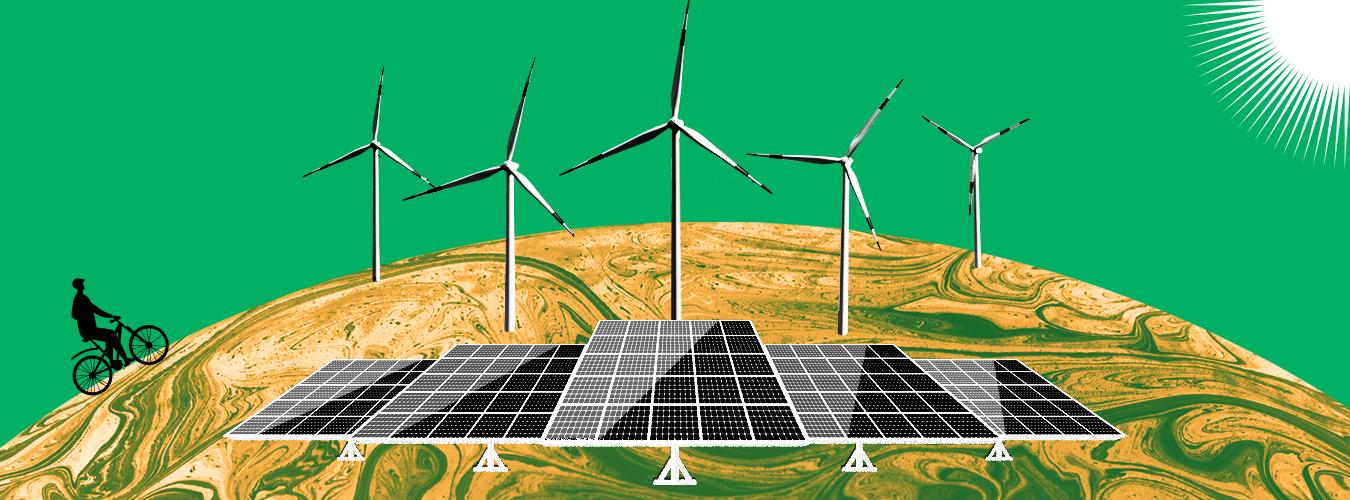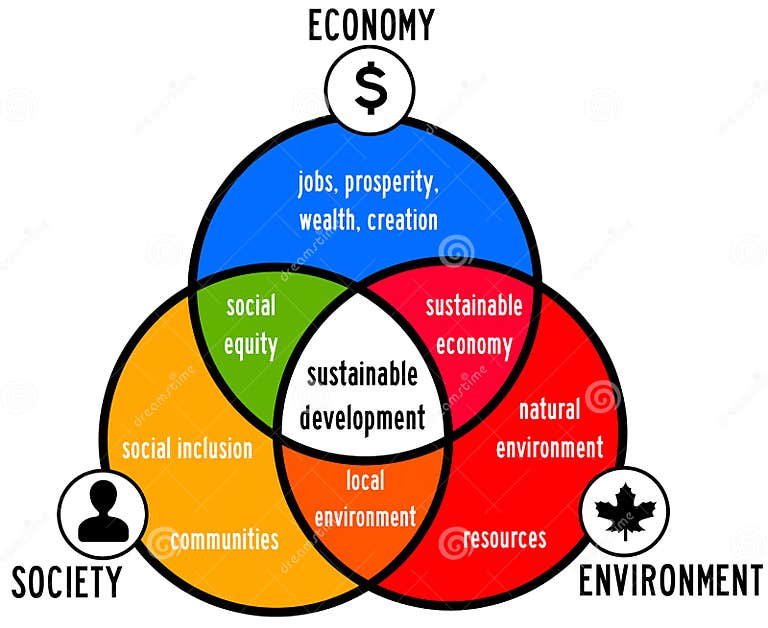.


.



Affordable and clean energy means ensuring access to affordable, reliable, sustainable and modern energy for all. It is one of the 17 Sustainable Development Goals (SDGs) adopted by the United Nations in 2015 to end poverty, protect the planet and ensure peace and prosperity for all by 2030. Affordable and clean energy is important for human and economic development, as well as for the environment. Energy is the dominant contributor to climate change, accounting for around 60 per cent of total global greenhouse gas emissions. Therefore, changing the way we produce and consume energy is essential to counter climate change and reduce its impacts on people and nature. Some of the ways to achieve affordable and clean energy are:
Increasing the share of renewable energy sources such as solar, wind, hydropower, geothermal and biofuels in the global energy mix. Renewable energy solutions are becoming cheaper, more reliable and more efficient everyday.
Improving energy efficiency by using less energy to provide the same service or output. Energy efficiency can save money, reduce emissions and create jobs.
Enhancing international cooperation to facilitate access to clean energy research and technology, and promote investment in energy infrastructure and clean energy technology. This can help developing countries, especially the least developed ones, to access modern and sustainable energy services.
Expanding infrastructure and upgrading technology for supplying modern and sustainable energy services for all in developing countries, in particular least developed countries, small island developing States and landlocked developing countries. This can help reduce poverty, improve health, education and gender equality, and foster economic growth.

Affordable and clean energy is important for sustainable development because it can help to achieve several of the other Sustainable Development Goals (SDGs) that aim to end poverty, protect the planet and ensure peace and prosperity for all by 2030. Some of the reasons why affordable and clean energy is important for sustainable development are:
Affordable and clean energy can reduce poverty and inequality by providing access to basic services, such as lighting, cooking, heating, cooling, communication, education and health care, that improve the quality of life and well-being of millions of people. Access to energy can also create income-generating opportunities and enhance social and economic empowerment, especially for women and marginalized groups.
Affordable and clean energy can foster economic growth and innovation by enabling productive activities, such as agriculture, industry, trade and services, that create jobs and wealth. Access to energy can also stimulate innovation and competitiveness in the energy sector and other sectors that depend on energy.
Affordable and clean energy can protect the environment and combat climate change by reducing greenhouse gas emissions and air pollution from fossil fuels that harm human health and biodiversity. Access to renewable energy sources, such as solar, wind, hydropower, geothermal and biofuels, can also conserve natural resources and enhance the resilience of ecosystems and communities to environmental shocks and stresses. Therefore, affordable and clean energy is a key enabler of sustainable development that can benefit people, planet and prosperity. As the United Nations states, "Energy is central to nearly every major challenge and opportunity the world faces today. Be it for jobs, security, climate change, food production or increasing incomes, access to energy for all is essential"
Some of the main challenges in achieving affordable and clean energy are:
Lack of access to modern electricity and clean cooking fuels for millions of people, especially in rural and remote areas of developing countries. This can limit human and economic development, as well as cause health and environmental problems due to indoor air pollution.
High dependence on fossil fuels for energy production, which contributes to greenhouse gas emissions, climate change, air pollution, and resource depletion. This can pose risks to human health, biodiversity, and global stability.
Low quantity, quality, and reliability of the power supply in many regions, due to inadequate infrastructure, technology, and investment. This can hamper productivity, innovation, and competitiveness in the energy sector and other sectors that depend on energy.
Implementation of and compliance with regulations and policies that support the transition to renewable energy sources, such as solar, wind, hydropower, geothermal, and biofuels. This can require international cooperation, coordination, and financing among different stakeholders. This can require subsidies, incentives, and social protection measures to ensure that no one is left behind in the access to clean energy.
Distribution of the benefits and costs of clean energy among different segments of society. This can require addressing the issues of equity, justice and empowerment in the energy sector.